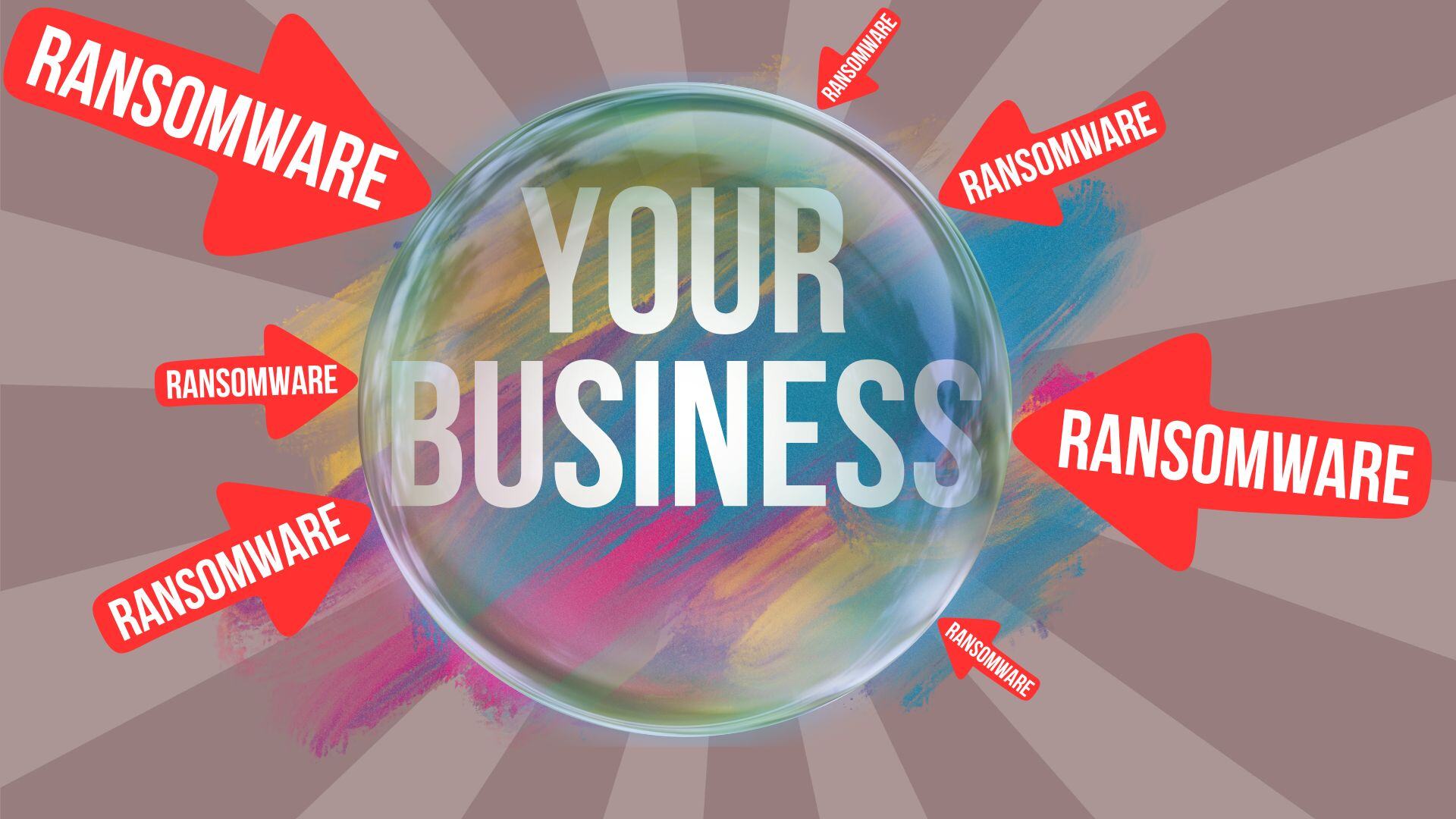Double Extortion
Download my Ultimate Guide to Ransomware NOW!
Cyber Extortion: A Growing Threat to Your Business
Cyber extortion is becoming an increasingly common and alarming threat. It’s something every business should be aware of, as it could have a devastating impact if you’re not prepared.
What Is Cyber Extortion?
Cyber extortion is a type of cybercrime where attackers threaten to harm your business by compromising its data and digital assets unless a ransom is paid. Often, this involves ransomware—malicious software that locks you out of your own data until you pay up.
But it doesn’t stop there. Cyber criminals are now using a tactic known as double extortion. Not only do they encrypt your data, but they also steal it and threaten to release it publicly if their demands aren’t met.
According to a 2024 report, cyber extortion incidents have surged by 77% over the past year. Small businesses are particularly vulnerable, being four times more likely to be targeted than larger companies. This trend is particularly concerning, given that smaller businesses typically have fewer resources to defend against these sophisticated attacks.
In just the first quarter of this year, 1,046 businesses were victims of double extortion. While this figure is alarming, it’s likely only the tip of the iceberg, as many attacks go unreported, hidden within what experts call the "dark number."
No business is immune. Cyber criminals target companies of all sizes and across all industries, though certain sectors are more frequently attacked. Manufacturing, professional services, wholesale trade, and healthcare are particularly at risk. In fact, cyber extortion attacks in the U.S. have jumped by 108%, with cybercriminals strategically focusing on regions with strong economic growth.
How to Protect Your Business
Despite the rising threat, there are steps you can take to safeguard your business:
1. Back Up Your Data: Ensure you have a robust backup plan, keeping critical data in an offline or offsite location. Regularly test your backup restoration process to ensure it works when you need it most.
2. Keep Software Updated: Always use the latest software versions, especially for devices connected to the internet. Updates often include security patches that protect against newly discovered vulnerabilities.
3. Implement Multi-Factor Authentication (MFA): Strengthen access controls by requiring multiple forms of verification before access is granted. This adds an extra layer of security, making it harder for attackers to gain unauthorized access.
4. Patch and Vulnerability Management: Regularly update your systems to fix security vulnerabilities. Cybercriminals often exploit known weaknesses, so staying on top of patches is essential to prevent attacks.
Understanding cyber extortion and taking proactive steps to protect your business can make all the difference. Don’t wait until it’s too late. If you need help preparing your business and keeping it safe, get in touch with Black Bear MSSP.

 By
By


